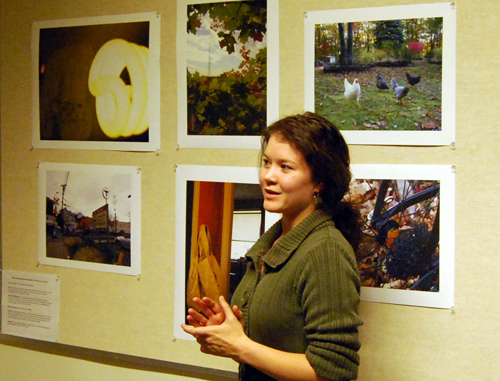2009: Children’s Mental Health
“Middletown Children’s Mental Health Planning Grant Coalition”
for Middletown Public Schools, the Ministerial Alliance, and the Middlesex Collaborative for Children’s Mental Health
by Philip Benjamin, Jena Gordon, Lauren Barth, and Alexis Sturdy
Four Wesleyan students collaborated with a coalition consisting of the Middletown Public Schools, the Ministerial Alliance, and the Middlesex Collaborative for Children’s Mental Health. These organizations came together in January 2008 to request a grant from the Connecticut Health Foundation to develop a plan to reduce the number of at-risk children ages 6 to 14 from entering the most intensive mental health treatment and/or the juvenile justice system through a secondary prevention system of early identification, assessment and interventions. This study seeks to assist the coalition by providing insight into parent perceptions of mental health and mental health services. Specifically, it attempts to collect parents’ attitudes toward mental health services, their awareness of those services, and their reports of external barriers to obtaining those services.




